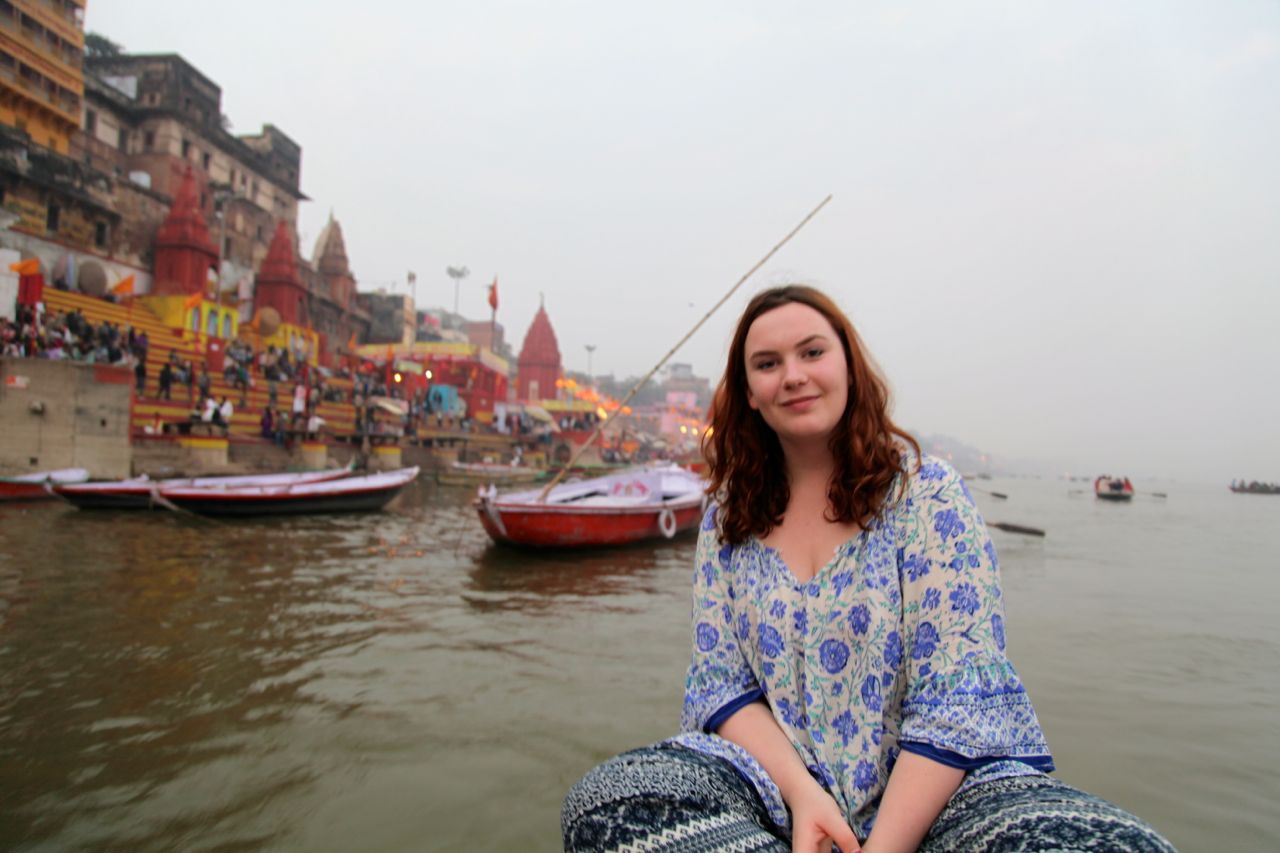Monthly Archives: April 2015
Presenting and reflecting.
- When you take superficial online content seriously it’s harmful, but when looked at out of context it is ridiculous and trivial, which is where the comedy element of our story comes in.
- We want the audience to act and feel as they usually would, as someone wasting time online, traversing the internet through hypertextuality and stalking someone for personal entertainment, humour and sick self indulgent pleasure.
- The key motivating factor for our audience will be their sense of agency. While they can’t actually manipulate the plot, the audience’s actions and choices within the media platforms will directly provide them with the reward of more information.
- The story will explore possible damage that being so involved on the internet has on young people, that have been born into the digital age. The superficial and edited nature of the internet and the trivial and ridiculous qualities of online content, can have serious consequences when embraced naively and intensely by inexperienced young people.
Forming a Transmedia story
EMILY DOEE
Sequence of events:
Back story:
- Moved away from anonymity, hopes for a new start. She likes Disney, Little Mermaid, One Direction. Admires Kylie Jenner and the idea of famous of nothing. Is desperate for some kind of validation, looks for this online. Is obsessed with ideas of internet celebrity.
STAGE 1
Positivity, new start.
STAGE 2
The video comes out, she thinks it’s her ticket but things don’t really go as planned. She starts to become more desperate.
STAGE 3
Her posts turn dark, she is excited to go to a party. The party happens.
STAGE 4
Aftermath of the party and suicide.
INSTAGRAM:
#NewBeginnings post of a new house. (Not on Tumblr)
Instagram videos:
Snippet of the viral video that she appears in
General LA videos using captions to tell the story
Something from the party before it goes wrong
TUMBLR
Written posts
Reposting
Presenting, Week 5 (Story in 140 characters or less)
Speaking about my essay, Agency and Medium, was difficult, because I’m terrified of public speaking, but also reasonably easy because I realised that I know what I’m talking about. While it was difficult to articulate what I was thinking, due to the fear, the information was there. Listening to what other people had to say about their essays was more interesting of course because it was new. Unfortunately I was late and didn’t hear anyone else speaking about my essay topic, but hearing about others was very engaging.
While my essay wasn’t directly involved with ideas of story, it touched on the ideas of agency and how the audience’s involvement in a text will alter their experience of the text and the feelings which it provokes. Listening to others talk about story, particularly hearing Sarah discuss dance as a form of storytelling, straying far from the digital realm which we focus on in class, was enlightening though. The emotionally provocative nature of dance as a physical medium of storytelling is highly involved with the audience’s experience of story, while I would not think that it involved agency, this would be focused on empathy, two different and I’m sure two of many, emotive responses to storytelling.
My new ‘philosophy’ of storytelling is that storytelling is taking an audience on an emotional journey of perception and understanding. The medium, structure and method of conveying a sense of narrative is important to the creation and perception of stories but are not all that relevant to the defining of a narrative as a story.
